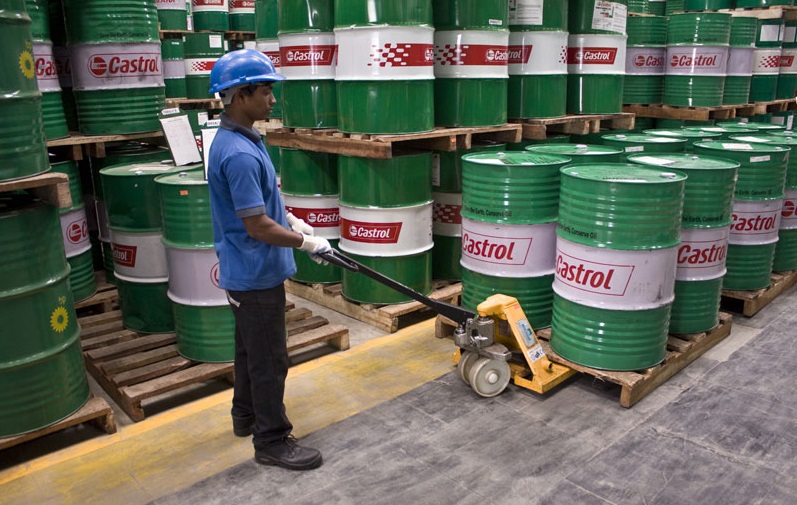
Indias lube suppliers have long relied on local storage hubs for most sales across the country, but at least some are set to begin consolidating depots to central, strategic locations as the new Goods and Services Tax system no longer favors local sales, said an industry observer.
The previous regime offered sellers value-added tax credits on sales made within a state where product is located, but not on sales made across state lines. Interstate sales therefore werent always profitable, explained Shailendra Gokhale, managing director of Mumbai-based lubricants consultancy Rosefield DAA International. To capitalize on local tax credits, many suppliers had established warehouses in as many states as possible to get tax credits on local sales.
GST, effective this week, makes tax rates and credits uniform for all sales regardless of origin, Gokhale pointed out to Lube Report Asia. Therefore, the requirement of local billing is no longer relevant, as the tax rate of 18 percent is common throughout the country.
Now, many companies that market products nationwide will likely consolidate networks of warehouses and instead rely on fewer supply points in central locations, he continued. Demand, serviceability and proximity to manufacturing sources will play the largest role in determining warehouse locations.
Smaller companies would go for a single warehouse close to a manufacturing location and use carrying and forwarding agents or other logistics solutions to cater to demand and also to significantly optimize costs, he said. In other words, he said, GST will likely spur companies to adopt a hub-and-spoke model of distribution.
A few companies are already looking to consolidate their storage facilities.
Mumbai-based GP Petroleums Ltd., which makes the Ipol brand of lubricants, told this reporter that it is currently working with a consultant to predict the impact of GST on its business, noting that GST will influence the realignment of its distribution network.
One of the important aspects that will be reviewed is our distribution network of depots and stock points, CEO Hari Prakash Moothedath said. It is widely believed that there could be a reduction of [GPs 22] depots to optimize the tax and logistics benefit.
Hindustan Petroleum Corp. Ltd. has embarked on a similar consolidation. As a step towards rationalization and preparedness for GST, we are in the process of commissioning state mega warehouses, which would cater to the increased market demands by providing seamless supplies, said an official with the government-owned oil company. The maker of HP-branded lubricants has 62 depots.
Companies are bound to close facilities that arent strategically located, Gokhale noted. Those who wont close their depots or warehouses at such non-strategic locations will have an adverse impact on their profitability, he said. No company can afford that in todays competitive environment.
Delhi, for example, is a strategic location for many suppliers, Gokhale said. Instead of having warehouses in each northern India state, lubricant companies could create a consolidated central warehouse in or around Delhi, which is within close proximity to a cluster of states. Indore, Nagpur, southern Maharashtra and western Tamil Nadu are also being eyed as locations for potential lube supply hubs.
Some companies may even close and consolidate blending operations to save costs under the new tax regime. For example, an Indian Oil Corp. official confirmed that the government-run maker of Servo lubes has begun planning a project to consolidate its lube production footprints in India.
GST levies the same tax rate on both lubricant manufacturers and traders, Gokhale pointed out. Traders may be able to provide more discounts, thus increasing their sales – which would have a notable impact on the market, according to Gokhale. Offering better tax credits to smaller brand owners that use contracting blending may help level the playing field among various-size manufacturers, erasing advantages of large national companies. Traders may also opt for imports to be more cost-competitive, he concluded.
Photo: Pashminu Mansukhani / Digital Studio (www.digitalstudio.in)
